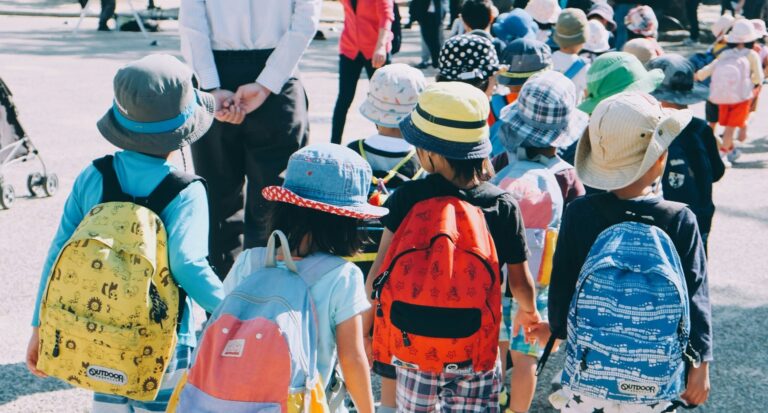Current State
 Babyfood, mainly food for the weaning period, has the fastest development among the many sectors of baby supplies. Currently, the annual market volume is about 600 thousand tons, and is still increasing. Take the market for milk powder as an example. Although babies only account for 16.5% of all milk powder consuming population, their consumption quantity is much greater than that of others. According to a survey, 5.9% of babies have 1 bag of milk power every month, 29.4% of babies have 2 to 4 bags every month, and 17.6% have 3 to 5 bags. As parents’ concern of food safety and nutrition increase, babyfood market is where future competition exists.
Babyfood, mainly food for the weaning period, has the fastest development among the many sectors of baby supplies. Currently, the annual market volume is about 600 thousand tons, and is still increasing. Take the market for milk powder as an example. Although babies only account for 16.5% of all milk powder consuming population, their consumption quantity is much greater than that of others. According to a survey, 5.9% of babies have 1 bag of milk power every month, 29.4% of babies have 2 to 4 bags every month, and 17.6% have 3 to 5 bags. As parents’ concern of food safety and nutrition increase, babyfood market is where future competition exists.
Since there are not many service agencies in babyfood market, chain store is a suitable mode for future development for babyfood retailing. Now retail for babyfood in China is under reforming. Online B2B and B2C selling channels have also developed. The Internet has given new opportunities to sellers.
According to statistics from the Bureau of Statistics of China, in year 2004, the retailing volume of babyfood in China was 51,970 million yuan, which was 51.07% greater than that of year 1998. Official statistics say that there are 20 to 30 million newborn babies every year, and the monthly consumption of a baby aged between 0 and 3 is 900 yuan. Thus this this market has huge potential.
Industry Characteristics
In China, the retailing for babyfood has a few significant characteristics. There is great quantity of babyfood advertisements and propagandas. And, consumers are more and more accepting high end products, which stimulate producers to issue new and better products, and fasten the pace that unqualified producers be sifted out.
Due to the tainted milk powder accidents, people’s confidence in safety of babyfood is diminishing. 90.1% of them expressed worry about the quality of babyfood. China has been behind in having its own brands, and high end babyfood market has been a monopoly of foreign brands like Mead Johnson(美赞臣), Nestle(雀巢), Dumex(多美滋), Wyeth(惠氏), Anmun(安满), and Friso Care(美素佳儿). Domestic brands like Yili(伊利) and Shengyuan(圣元) have together only 19.5% of the market. Currently, foreign brands almost occupied the market for first tier cities, and domestic enterprises are aiming at developing in second and third cities.
Retail Channels
In China, babyfood can be bought through these channels: hospitals, drugstores, supermarkets, and exclusive stores which sell baby supplies. Among these, the supermarket channel takes a big proportion, greater than 40%. However, the exclusive stores are developing at a very fast pace.
Edited for Daxue Consultant China
Credit Photo: Nipic
Sources:




